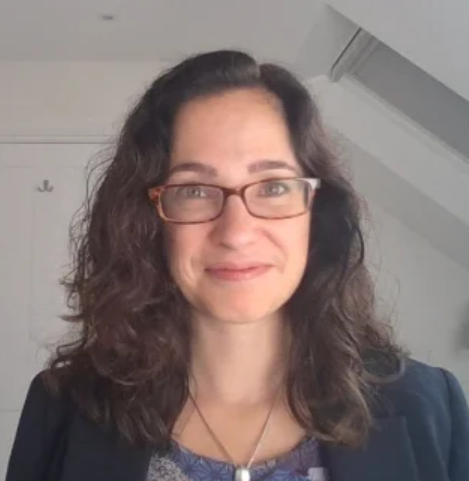Researching Migration & Mobility: Best Practices for Effective Academic-Stakeholder Relationships
This online workshop has been organised by the Security, Conflict and Justice (SCJ) Pathway and is open to all ESRC and non-ESRC funded PhD and MA Social Research students within the WRDTP’s seven partner universities. Whilst this workshop is aimed at SCJ Pathway students, PGRs from all seven interdisciplinary Pathways with a research interest related to migration/mobility are welcome to attend.
Complex patterns of irregular migration; the hostile environment policies pursued by certain governments; intersection of criminal justice and immigration systems; the cultural, legal and practical obstacles encountered by asylum-seekers and refugees; the criminalisation of human-trafficking; the rights’ entitlements of displaced and stateless groups: these are just some of the many complex research topics that have emerged from the broader themes of migration and mobility. Indeed, within their multiple manifestations and effects, these themes are amongst the most pressing contemporary global/local challenges. It is, therefore, unsurprising that migration studies -broadly conceived- is a burgeoning focus of academic attention and stakeholder partnership, not least for those researchers located in the fields of security, conflict and justice.
Building upon diverse PGR research interest regarding migration and mobility within the WRDTP Pathway in Security, Conflict and Justice, this online training session brings together academic researchers, migrant activists and representatives from stakeholder organisations to consider best practices in research for this field. With questions of migration and mobility having drawn increased academic attention in recent years, it is an appropriate time to reflect on academic/migrant/stakeholder relationships, as well as to address some fundamental questions: How do we build access, develop trust and cultivate effective research relationships in a challenging field, one where communities may be neglected in terms of state support but also heavily researched? How do we develop shared expectations for research projects across academic and migrant communities? What is the place of language within migration research, and how can researchers best equip themselves for addressing the challenges that this can pose? How do we foster, and practice, academic research that is culturally-sensitive in the migration setting?
This online training event of the Security, Conflict and Justice Pathway is of particular interest to PGRs whose research centres on issues of migration and mobility. In addition to a structured panel discussion, it will include the opportunity for PGRs to briefly introduce their own research projects and key challenges they face in order to receive feedback from our expert panellists. This training event will also have relevance for other WRDTP PGRs researching vulnerable/marginalised groups, working in foreign languages/settings, or who wish to learn more about effective research collaboration and stakeholder relationships. It will offer expert insights into how to overcome research challenges in the migration/mobility field, as well as on how to develop partnerships that are both beneficial and respectful to those being researched.
This training will
- engage PGRs with pressing contemporary questions regarding migration/mobility research;
- provide PGRs with important insights into how to pursue research fieldwork and build relationships that are inclusive and sensitive to migrant communities; and,
- enable PGRs to share their own research challenges in this field to gain feedback from researchers, activists and members of the migrant community.
-
Speakers
PGR Co-ordinators: Alice Richardson, Colin Gregory, Jesse Machin, Lana Ghuneim, Lauren Cape-Davenhill.
This training session will be delivered via Blackboard Collaborate.
PLEASE NOTE: Our online training sessions will be recorded and will be available on the VIRE in an edited format for those students who cannot attend. If you wish to join this session but do not wish for your contributions to be included in the edited VIRE resource, please ensure that you select NO when prompted in the online booking form regarding recording.












